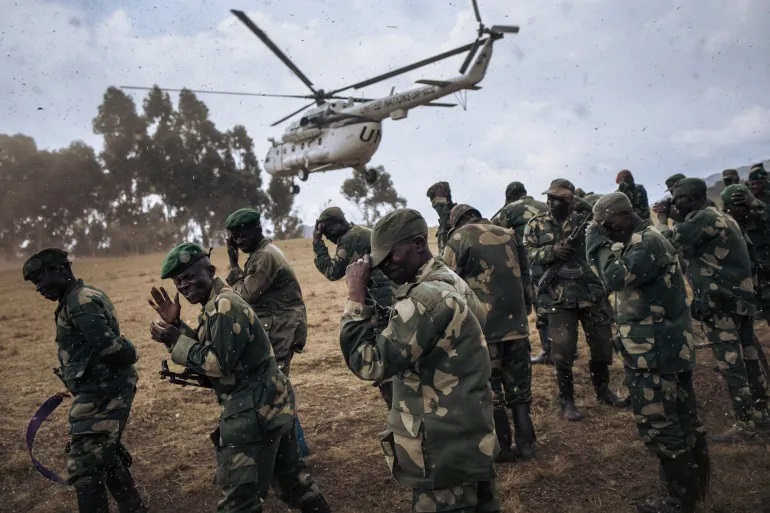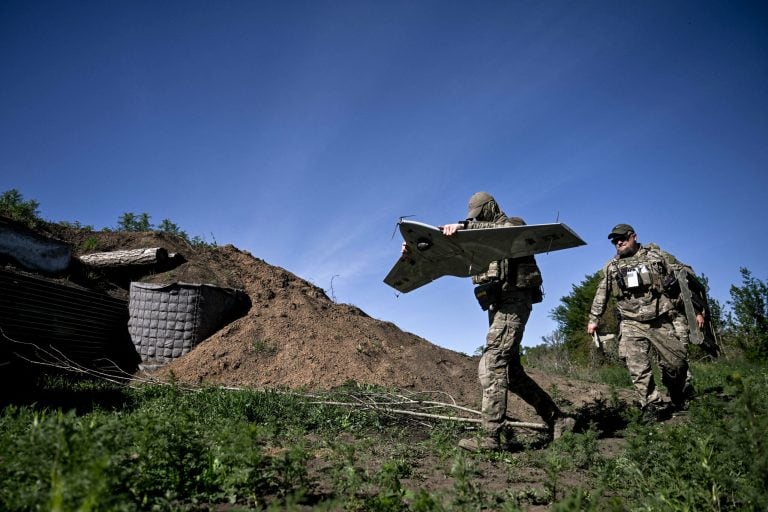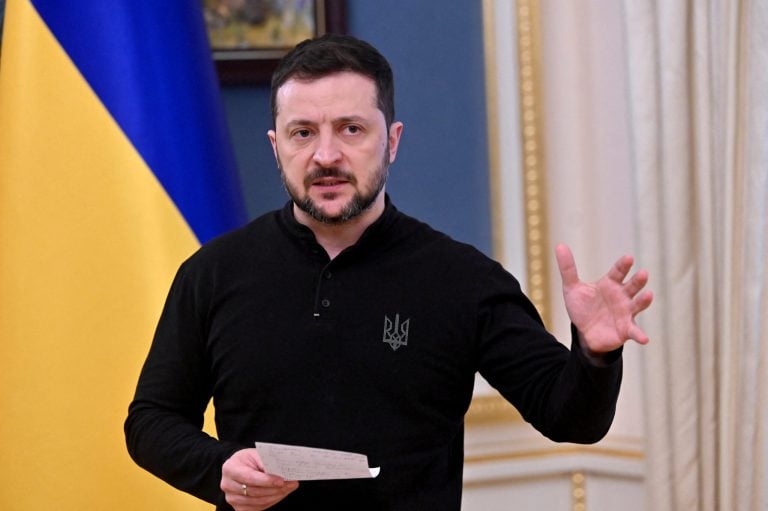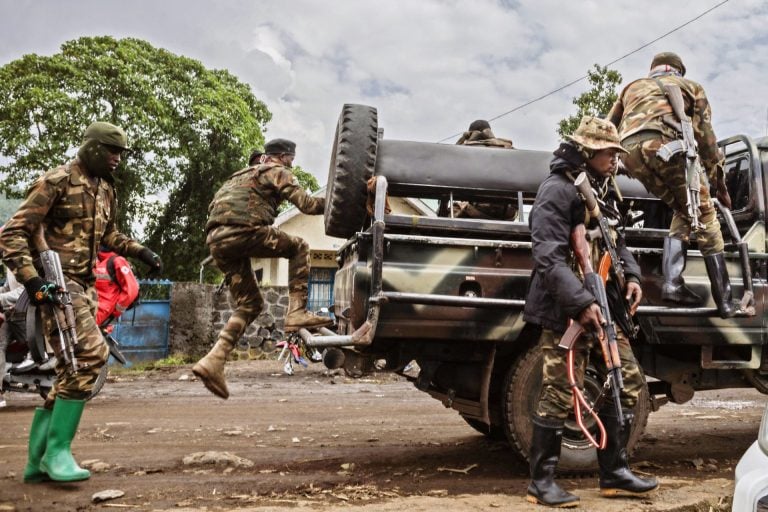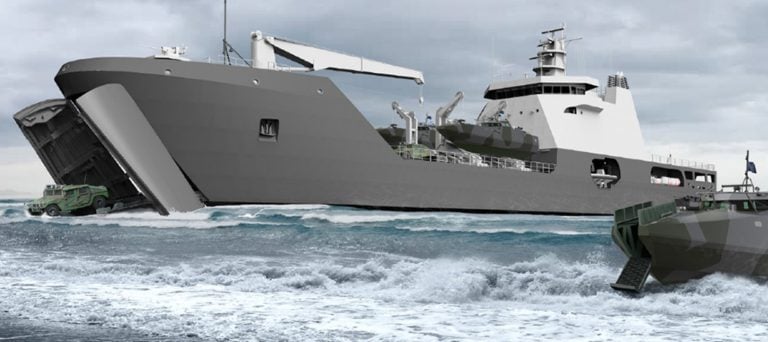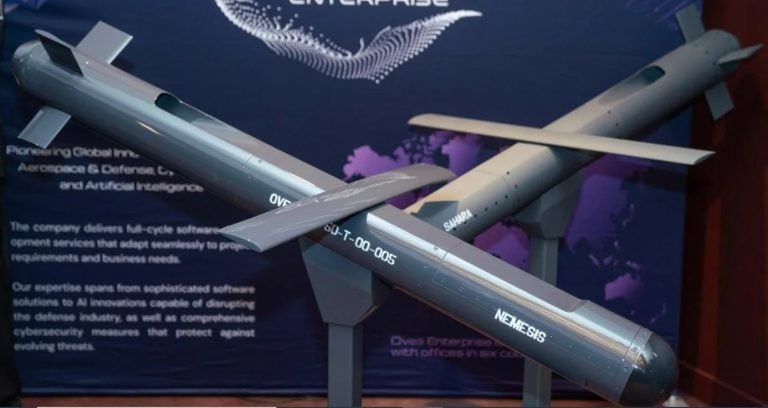The M23 armed group, along with Rwandan forces, has initiated a new offensive in the eastern Democratic Republic of Congo (DRC) as tensions rise ahead of a scheduled crisis summit involving the Rwandan and Congolese presidents. This latest assault comes just days after the M23 had announced a unilateral ceasefire that was set to take effect on Tuesday. Instead of adhering to this ceasefire, the group has resumed its military campaign, capturing the mining town of Nyabibwe in South Kivu province, moving closer to the provincial capital of Bukavu.
Reports indicate that intense fighting erupted at dawn on Wednesday, marking a significant escalation in hostilities. This strategic location is about 100 kilometers from Bukavu and approximately 70 kilometers from the province’s airport. Patrick Muyaya, the spokesman for the Congolese government, criticized the M23’s declaration of a ceasefire, asserting it was merely a tactic meant to mislead. His claims come in the context of over three years of conflict between the M23, backed by Rwanda, and the Congolese army, during which time multiple ceasefires have been declared, only to be subsequently violated.
The United Nations has reported a staggering increase in casualties, with the recent battles in Goma resulting in at least 2,900 deaths, compared to a previous estimate of 900. Vivian van de Perre from the UN peacekeeping mission in the DRC noted that out of the fatalities reported, 2,000 bodies have been retrieved from the streets while another 900 remain in morgues. The international community, including the International Criminal Court, has expressed concern and is closely monitoring the escalating violence.
As the violence continues to unfold, local communities are feeling the impact. An ecumenical prayer service in Bukavu saw hundreds gathering to call for peace amidst fears that their city could soon be the next target in the ongoing conflict. Attendees expressed their exhaustion with the relentless violence, emphasizing a desire for peace and stability.
The geopolitical ramifications of the conflict are significant, prompting calls for diplomatic intervention. Rwandan President Paul Kagame has urged for a “de-escalation” of tensions in the region and engaged with European officials to seek a resolution to the crisis. Kagame and DRC President Felix Tshisekedi are expected to discuss this issue at an upcoming summit in Dar es Salaam, Tanzania.
Criticism of the international response has emerged from DRC’s Foreign Minister Therese Kayikwamba Wagner, who condemned the disparity between verbal support from the international community and tangible action on the ground. As a result of the ongoing instability, several neighboring countries have begun strengthening their defenses, wary of the potential spillover effects of the conflict.
An earlier UN report indicated that Rwanda may have deployed up to 4,000 troops in eastern DRC to influence the region for its mineral wealth, an assertion firmly denied by the Rwandan government. The DRC, rich in resources such as coltan and gold, remains a hotspot for conflict involving multiple armed groups, exacerbating an already fragile humanitarian situation. Rwanda has also accused the DRC of providing safe haven for the FDLR, an armed faction linked to the Rwandan genocide, further complicating the regional dynamics.
